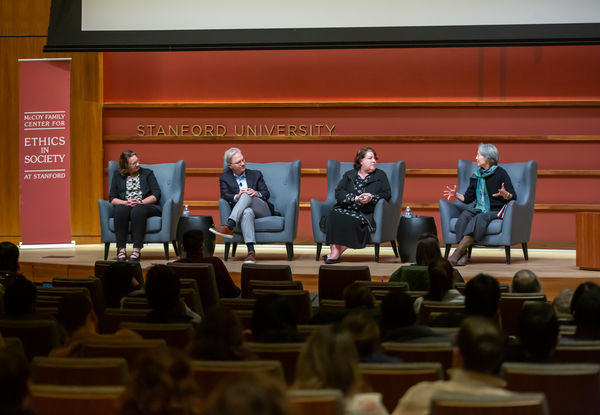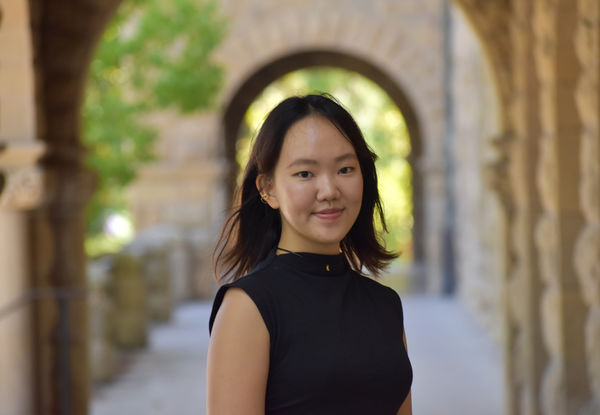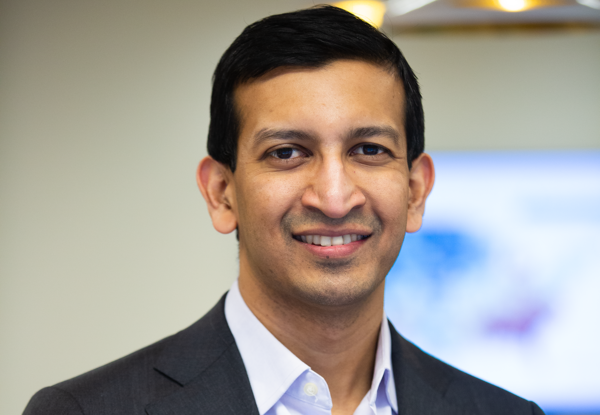The Buzz Blog

Author: Carly Chillmon
Prepare to embark on a journey of ethical reflection as the McCoy Family Center for Ethics in Society presents three captivating book talk events. These gatherings promise to challenge your perspectives and ignite meaningful conversations on pressing social issues. From addressing the global climate crisis to unraveling the complexities of forgiveness and racial progress, each event offers a unique opportunity for ethical engagement.

Photo by Christine Baker
Author: April Pacheco
Grit is often highly regarded as a commendable quality in the U.S. However, the concept of grit is not without its drawbacks. April Pacheco, a Stanford undergraduate student, reflects on Jennifer M. Morton’s talk “True Grit: Striving in the Face of Adversity” and conversation with Cameron Lange.

Photo by Christine Baker
Author: Ellie Jordan Vella
Three experts in scientific integrity discuss how academic misconduct occurs, how the community should respond when it does, and how we can prevent it in the first place.

Photo of E Ju Ro
Author: Carly Chillmon
E Ju Ro is pursuing a sociology major, a philosophy minor, and a coterminal master's degree in sociology. As an international student from Seoul, E Ju has been engaged in Korean peace advocacy work and the "comfort women" movement.

Author: Elizabeth Bennett, Ph. D.
Raj Chetty is the William A. Ackman Professor of Public Economics at Harvard University and the Director of Opportunity Insights. We were honored to have the opportunity to ask Dr. Chetty a few questions about the power of economics to inspire change.